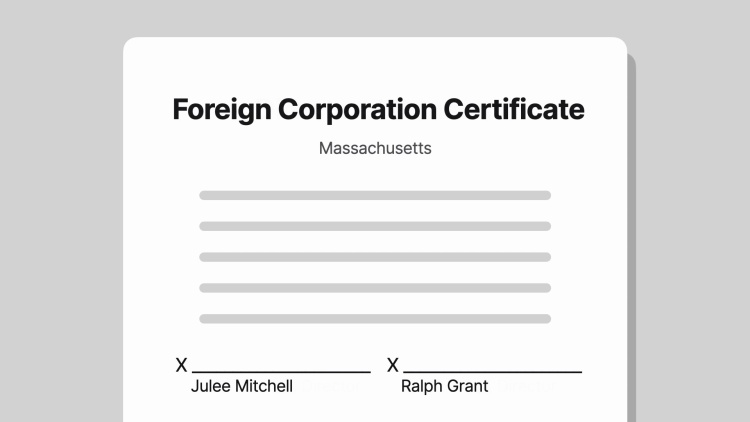Grant v. Mitchell
Delaware Court of Chancery
2001 WL 221509 (2001)
- Written by Casey Cohen, JD
Facts
In 1998, Ralph Grant (plaintiff), Julee Mitchell (defendant), and Jack Meltzer founded Phoenix Environmental, LLC (Phoenix) to bring a computer program to market. In 1999, the founders began converting Phoenix into a corporation called Epasys, Inc. (Epasys). The founders hired McDermott, Will & Emery (McDermott), a law firm, to help them incorporate. In December 1999, a certificate of incorporation was filed naming Grant as incorporator. McDermott also prepared a directors’ consent document that elected officers for Epasys: (1) Grant as President and (2) Mitchell as Treasurer and Secretary. Grant. This form had signature lines listing Mitchell and Grant as directors, but they never signed it. On January 7, 2000, McDermott delivered a Foreign Corporation Certificate (Certificate) to Epasys. The Certificate identified Grant and Mitchell as both officers and directors of Epasys. Grant and Mitchell signed the Certificate in their capacity as officers. In 2000, the relationship among the founders deteriorated. By August 2000, Grant wanted to remove Mitchell and Meltzer from Epasys, and Grant hired McDermott to assist him. McDermott claimed that no board of directors for Epasys had been named yet. McDermott then had Grant, as the sole incorporator, prepare written consent naming Grant as the sole director of Epasys. As the sole director of Epasys, Grant then removed Mitchell and Meltzer from their jobs. Mitchell sought declaratory relief stating that Grant had already exercised his authority as incorporator of Epasys to name Mitchell as a director of Epasys.
Rule of Law
Issue
Holding and Reasoning (Strine, J.)
What to do next…
Here's why 907,000 law students have relied on our case briefs:
- Written by law professors and practitioners, not other law students. 47,100 briefs, keyed to 996 casebooks. Top-notch customer support.
- The right amount of information, includes the facts, issues, rule of law, holding and reasoning, and any concurrences and dissents.
- Access in your classes, works on your mobile and tablet. Massive library of related video lessons and high quality multiple-choice questions.
- Easy to use, uniform format for every case brief. Written in plain English, not in legalese. Our briefs summarize and simplify; they don’t just repeat the court’s language.





